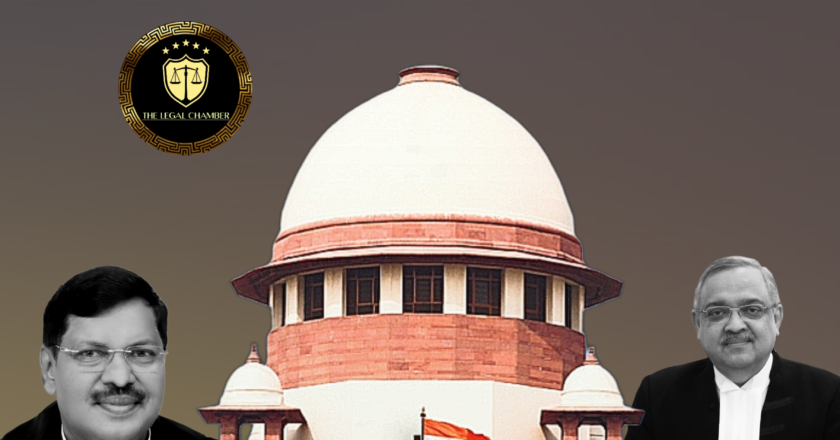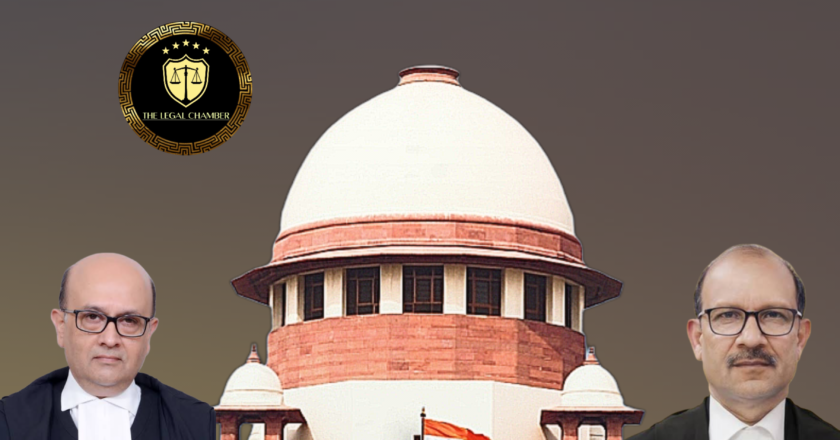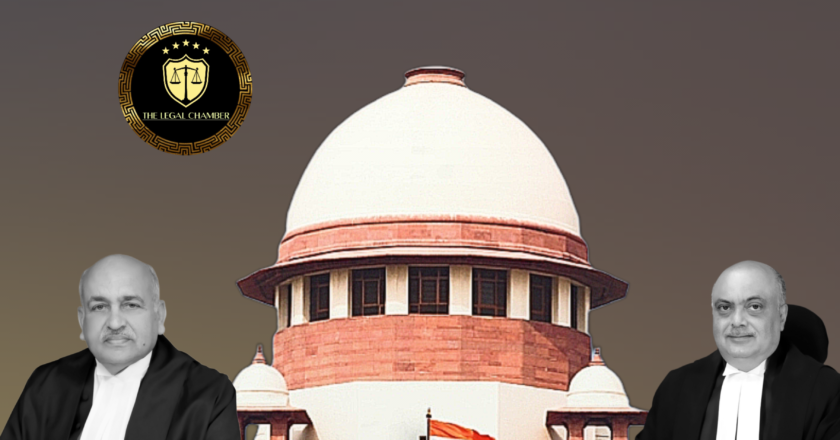Quality Over Quantity: Supreme Court Reiterates a Single Witness Must Be “Wholly Reliable” to Convict
This Supreme Court judgment reiterates the established legal principle governing convictions based on circumstantial evidence, as outlined in Sharad Birdhichand Sarda. The Supreme Court held that the prosecution must establish a complete and unbroken chain of circumstances that unequivocally points to the guilt of the accused, excluding every other reasonable hypothesis. The conviction was overturned as the sole witness's testimony was found to be unreliable and improved, failing to meet this standard of proof.
Facts Of The Case:
On October 11, 2003, Santosh Kumar Pandey (PW-2), a shop owner, observed the appellant, Shail Kumari, walking in a disordered condition towards Pujari Talab, a nearby water body, with her two young children. Growing suspicious, he asked a rickshaw puller to foll...


